U.S. to Release Photographer Held for 2 Years
 Monday, April 14, 2008 at 06:58PM
Monday, April 14, 2008 at 06:58PM The U.S. military said Monday it will release Associated Press photographer Bilal Hussein, more than two years after he was detained by U.S. Marines on suspicions of links to insurgents. The military said it has determined Hussein is not a threat and plans to free him Wednesday.
In the past week, Iraqi judicial committees dismissed all allegations against Hussein and ordered his release.
Hussein has been in custody since April 12, 2006. The AP and Hussein denied any improper contacts and said he was only doing his job as a journalist working in a war zone.
AP President Tom Curley expressed relief.
“In time, we will celebrate Bilal’s release. For now, we want him safe and united with his family. While we may never see eye to eye with the U.S. military over this case, it is time for all of us to move on,” said Curley.
A statement by Multi-National Forces-Iraq said Maj. Gen. Douglas M. Stone, commander of coalition detention facilities in Iraq, signed the release order after confirming the Iraqi committee’s decision to grant Hussein amnesty — a ruling that drops charges but carries no implication of guilt or innocence.
“After the action by the Iraqi judicial committees, we reviewed the circumstances of Hussein’s detention and determined that he no longer presents an imperative threat to security,” Stone said in the statement.
Hussein has steadfastly maintained his innocence and has denied accusations raised against him over the past two years. An AP investigation found no evidence of any activities on his part beyond that of a news photographer.
Although Hussein was never tried, military investigators had alleged to an Iraqi investigative judge that he had possessed bomb-making materials, conspired with insurgents to photograph explosions against U.S. and Iraqi forces and offered to forge an identification card for a wanted terrorist.
He was also alleged to have had improper contacts with the kidnappers of insurgents who killed Italian citizen Salvatore Santoro in December 2004.
Hussein and two other journalists were stopped by armed men and taken at gunpoint to photograph the corpse, propped up with armed insurgents standing over it.
On Sunday, an Iraqi panel ordered a “halt to all legal proceedings” against Hussein in the Santoro case. Last week, another panel dismissed the other accusations, which were covered by Iraq’s anti-terrorism law.
An amnesty law was enacted in February as a step toward national reconciliation. Under the law, a grant of amnesty effectively closes a case and does not assume or determine guilt or innocence of the accused, unless he had been convicted. Hussein was never brought to trial.
U.S. military authorities have said that a U.N. Security Council mandate allows them to detain anyone in Iraq deemed a security risk to coalition or Iraqi forces, even if an Iraqi judicial body has ordered that prisoner freed. The mandate is due to expire this year.
In December, the U.S. military referred the case to an investigating judge, who reviewed the evidence early this year and submitted his findings to the Central Criminal Court of Iraq to determine whether the case should go to trial. The court in turn referred the case to the amnesty panel.
On the Santoro case, Hussein and the other two journalists recounted the incident to the AP after they were released by the armed men outside Ramadi. None of the journalists had witnessed the Italian citizen’s death, said Santiago Lyon, AP’s director of photography. The AP published an account at the time and also spoke with an Italian diplomat in Baghdad.
Hussein was a member of an AP team that won a Pulitzer Prize for photography in 2005, and his detention has drawn protests from rights groups and press freedom advocates.
“We welcome the release of Bilal Hussein, which is long overdue. But there are many other Iraqis who have been held for months or years by U.S. forces without being charged or brought before a judge,” said Joe Stork, Middle East director at Human Rights Watch. “If the U.S. and Iraqi authorities have evidence against detainees they should charge them and give them a fair trial, rather than holding them indefinitely."








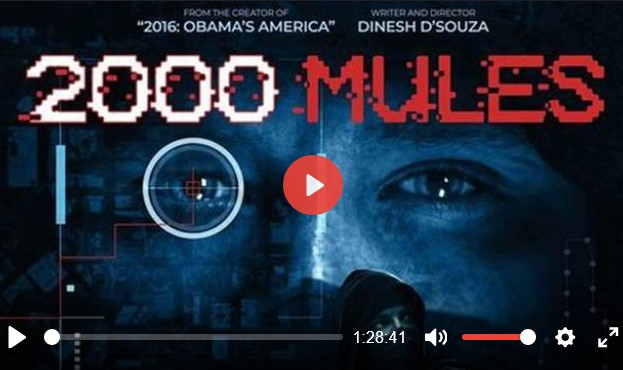







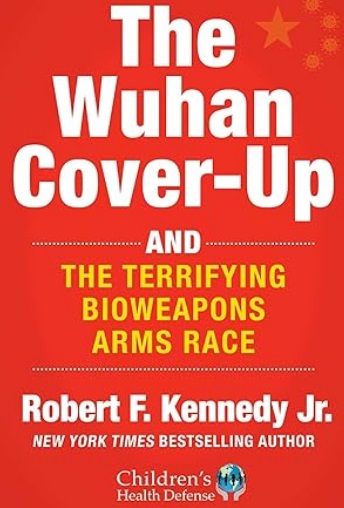

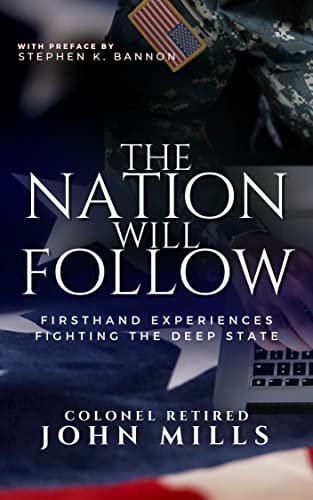
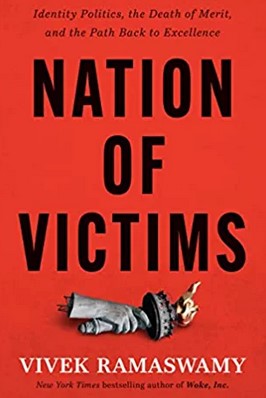


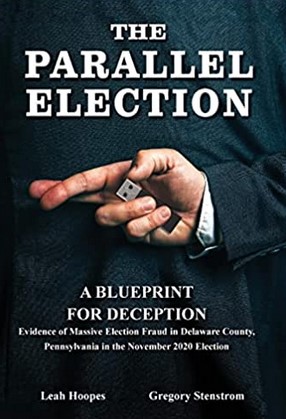


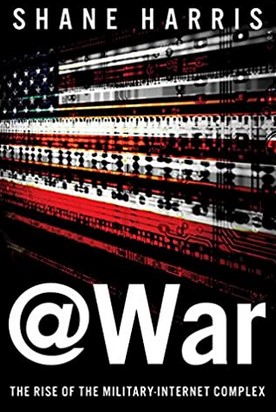




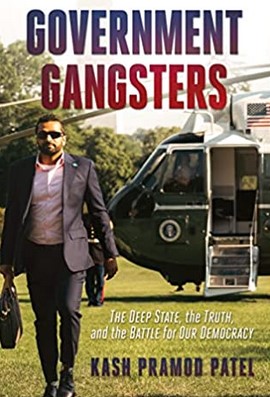
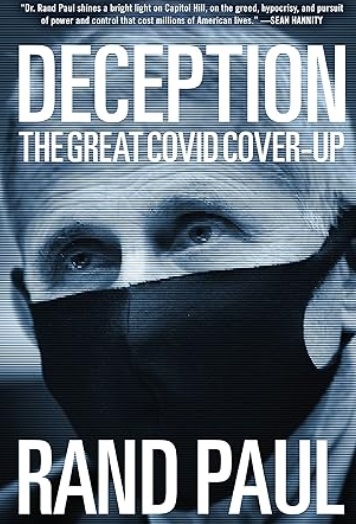









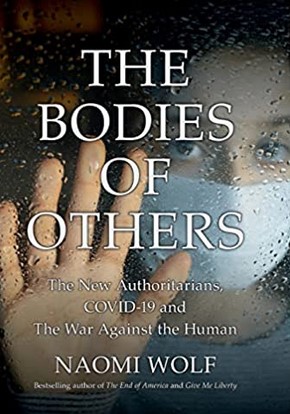
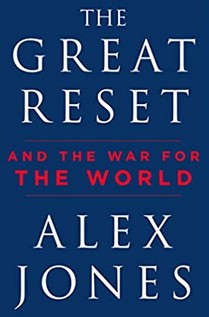

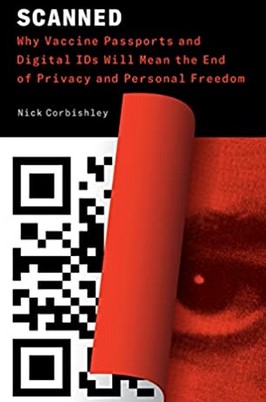

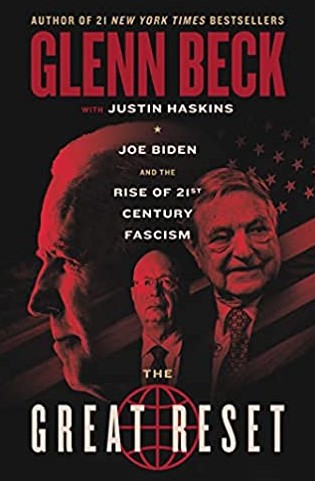






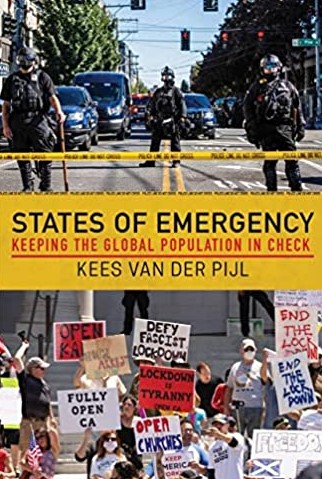




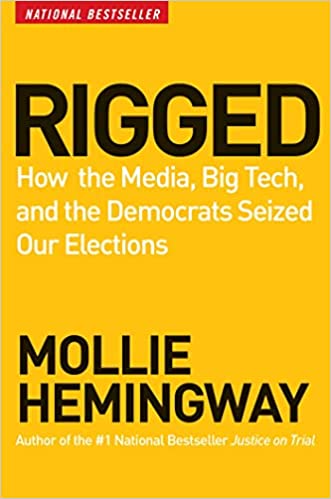
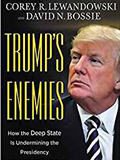




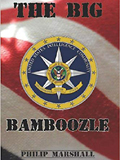
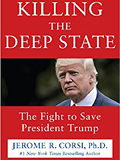
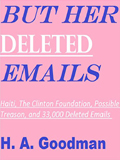
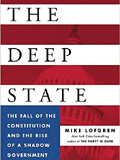
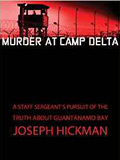
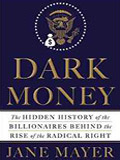


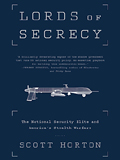

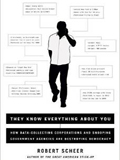

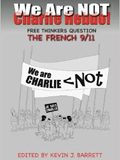



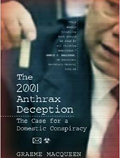
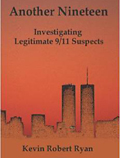
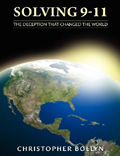
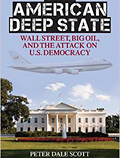

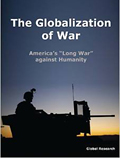
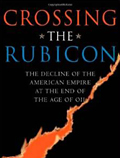
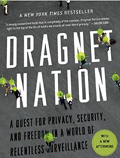
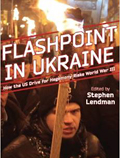

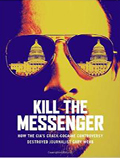

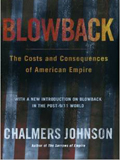



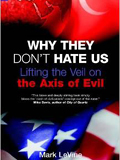
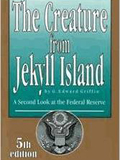

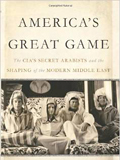

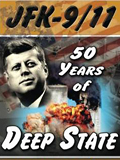

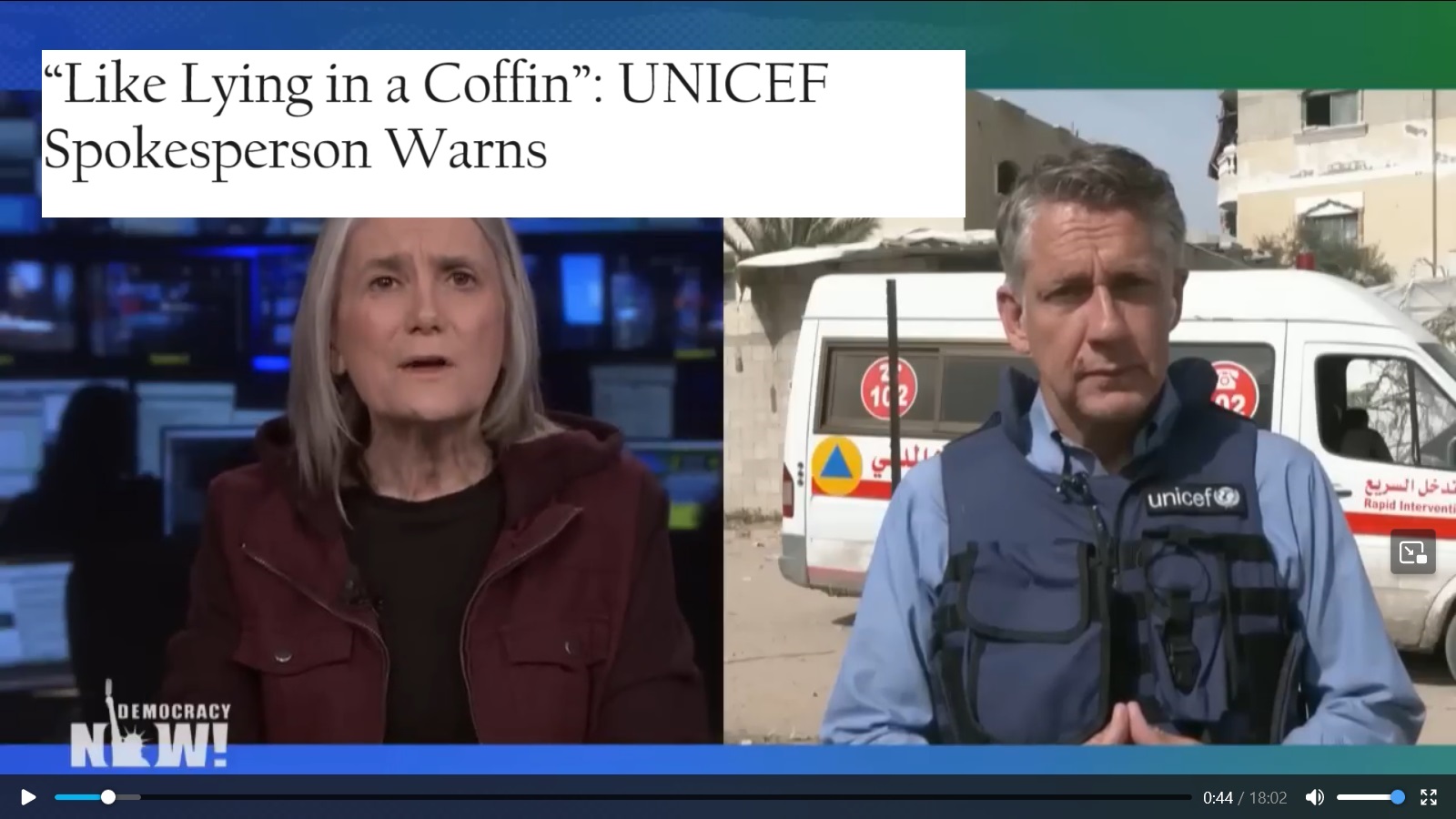
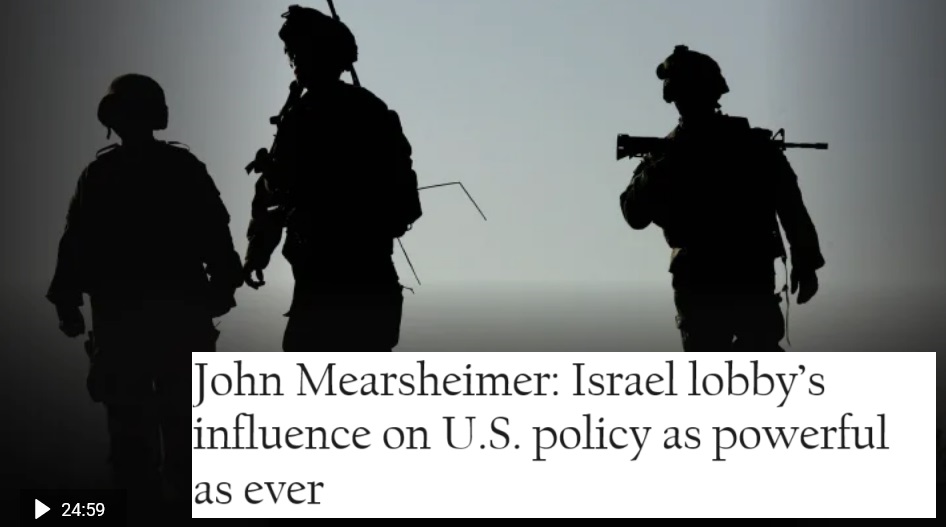
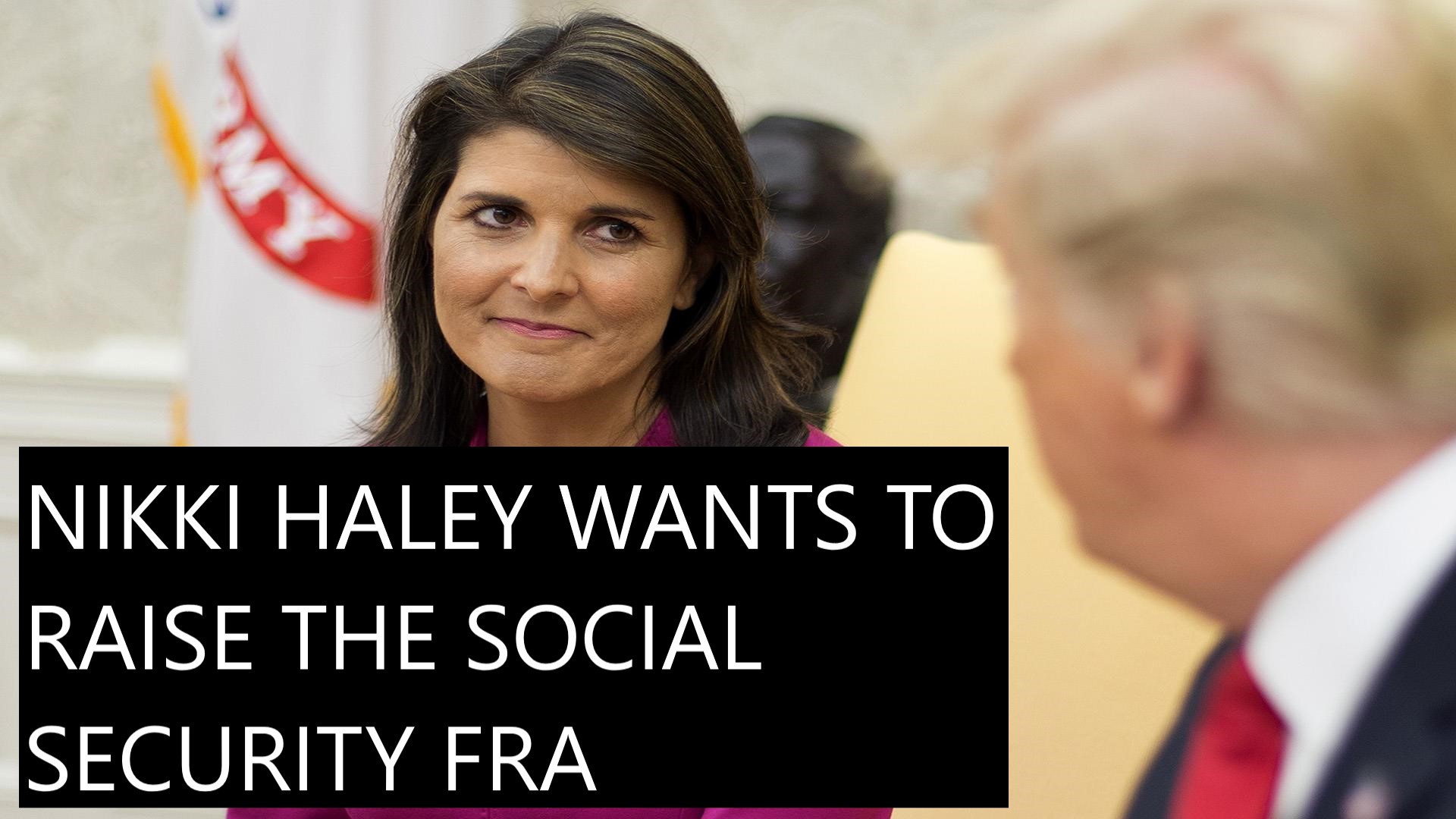

















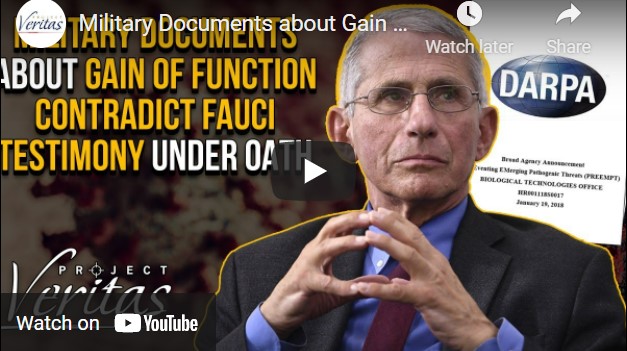


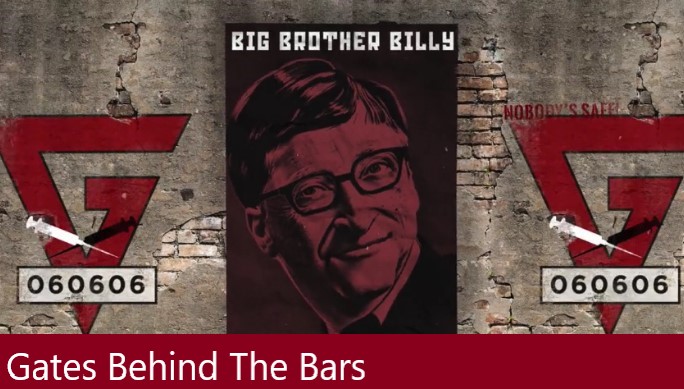



Reader Comments